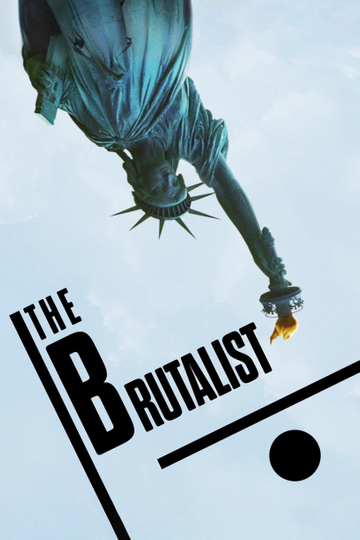Series 1 Episodes
1. The New British Empire
Like the industrial revolution before it, our postwar culture is a success story built on geographical opportunism and an indefatigable entrepreneurial spirit. Just as the industrial revolution transformed British society, creating new wealth and a thriving mill-owning middle class, so too have money, marketing flair and creative invention underpinned our cultural development. It is, after all, a development that has been driven by a handful of inventive, single-minded, and savvy entrepreneurs, from J Arthur Rank to Brian Epstein and Andrew Lloyd-Webber. In the first episode in the series, Dominic examines the way in which culture has become our newest export and a key part of our identity on the world stage. He argues that it is an industry every bit as much as shipbuilding or textile production - a commodity that has been manufactured, marketed and exported.
2. In With The Old
The industrial revolution seemed to presage a fundamental upheaval of British society and an overturning of the traditional social hierarchies. For the first time a burgeoning middle-class emerged, as innovation, technical knowledge and entrepreneurial skills - as opposed to an accident of birth - were rewarded with vast riches. Men like Richard Arkwright, Josiah Wedgewood and Isambard Kingdom Brunel achieved fame, recognition and vast fortunes. But rather than challenge and reshape society, they were absorbed into it, becoming the new aristocracy and reinforcing the old elites. And so it was with postwar British culture. Creativity - like entrepreneurial spirit - is no respecter of class or breeding.
3. Modern Victorians
Postwar culture has not merely been driven by the same qualities and impulses that shaped Victorian Britain - it has also demonstrated many of the same anxieties and preoccupations of that period. In particular, the two main concerns of the Victorian age were the state of the nation, and what might be termed our civilising mission - the desire to export British values to the far corners of globe. In a sense, postwar culture has been a process of working through our changing position - coming to terms with our loss of place in the world, and facing up to the legacy of empire. In so doing, it has reflected a profoundly Victorian series of concerns.
4. Me, Myself and I
The final programme looks at the way in which postwar culture has seen the triumph of an idea that first took hold during the Victorian period: the rise of the individual. Industrialisation may have led to a growth in collective identity, with the emergence of large, unified workforces and powerful unions, but the Victorian period also gave rise to the concept of the individual identity and self-determination. This was, after all, the era of the novel with its first-person narrator and focus on the lives of individual protagonists. It was the age of Samuel Smiles and his emphasis on self-help - 'Every human being has a great mission to perform, noble faculties to cultivate, a vast destiny to accomplish'. These seeds were planted in the Victorian era but reached fruition in the postwar years. Culture, after all, is egalitarian - talent trumps social background or circumstance.


























